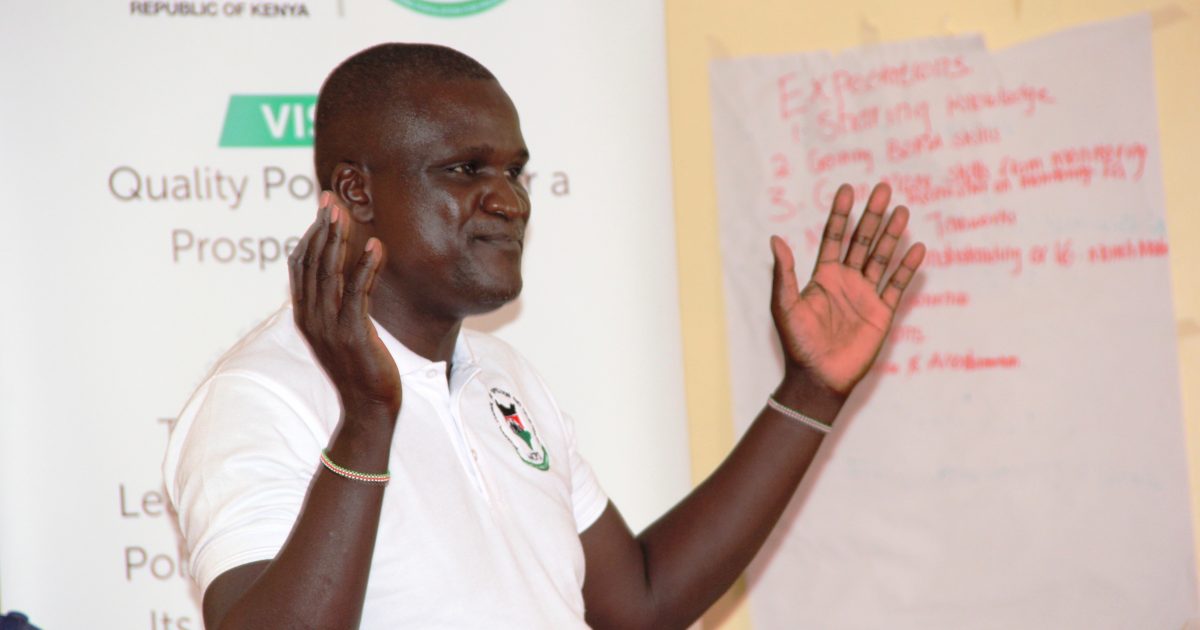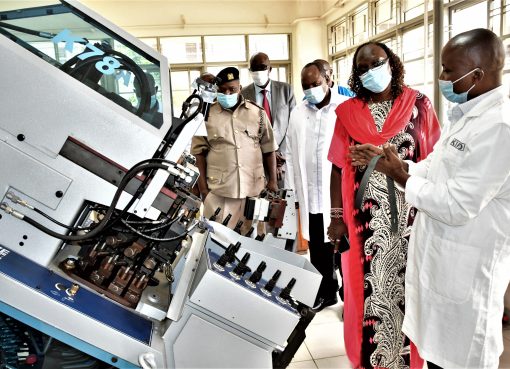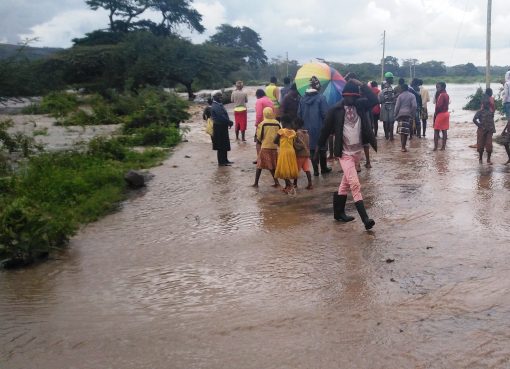The National Council for Population and Development (NCPD) is committed to ensure that the government’s call to put to a stop Female Genital Mutilation (FGM) by next year was realized.
Speaking during a forum to address Gender issues at a Wajir Hotel, NCPD North Eastern Region Coordinator, Moses Ouma, urged stakeholders to work round the clock and make the retrogressive cultural practice, a thing of the past.
“The Female Genital Mutilation Act of 2011, prohibits the practice to safeguard the victims against all forms of violations, that affects person’s mental or physical integrity and this calls for concerted efforts to stop the vice,” reiterated Ouma.
According to Kenya Department of Health Services 2014 statistics, FGM is prevalent among the Somali Community at 98 percent, Kisii at 96 percent and Maasai at 73 percent.
“Although it is illegal under the FGM Act, FGM is practiced to conform to social norms and in many settings, it is wrongly thought to be a religious requirement,” observed the NCPD Coordinator, adding that other reasons given for the practice include hygiene, marriageability, maintaining virginity , bride price and family honour.
FGM is classified into four different types by the World Health Organization, namely partial or total removal of the clitoris and /or the prepuce referred to as clitoridectomy.
The second type of FGM involves the partial or total removal of the clitoris, the labia minora with or without excision of the labia majora.
FGM can also take the form of cutting and sewing of the genitals, also referred to as infibulation.
The fourth category of FGM is all other harmful procedures to the female genitalia for nonmedical purposes, including pricking piercing, incising, scraping and cauterization.
Ouma points out the effects of FGM as it being very painful, traumatizing and resulting in negative health consequences that may last a lifetime.
Immediate effects include severe bleeding, infection and shock and it also exposes women and babies to significant risks, during child birth and can lead to fistula.
Long term complications include recurrent urinary tract infections, keloids, difficulty during menstruation and pain during sex.
FGM is also associated with the transmission of HIV from use of unhygienic instruments.
To curb the practice, the NCPD has raised a clarion call to organize community dialogue for awareness, on the harmful consequences of FGM on women and girls and formulate programs that increase male involvement in FGM elimination.
It also calls for enforcement of local laws and international policies that protect women from harmful traditional practices.
There is also need to allocate adequate resources in the County budget to support programmes that improve the status of women and girls and rehabilitate women who suffer from the consequences of FGM.
By Donald Ngala




